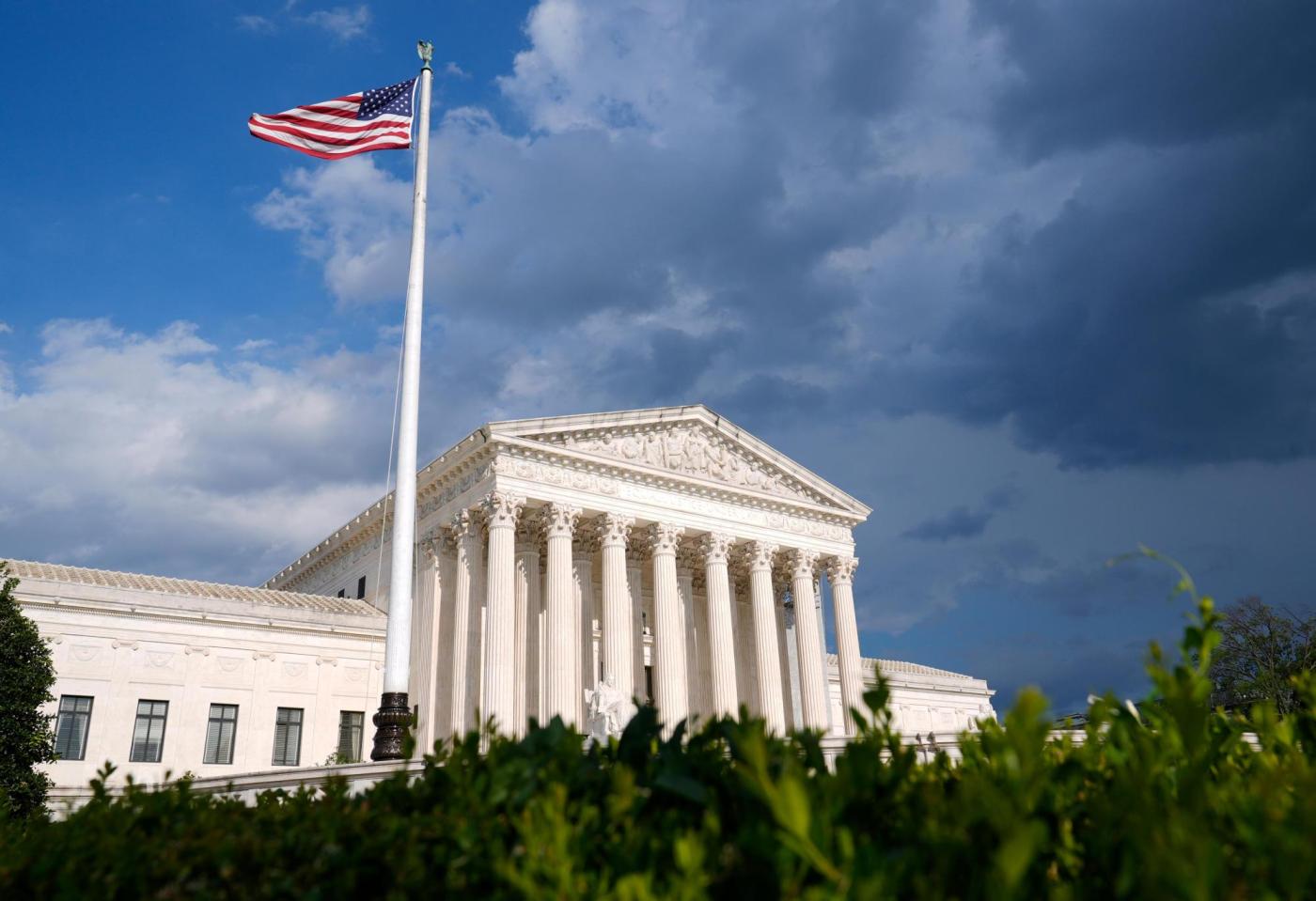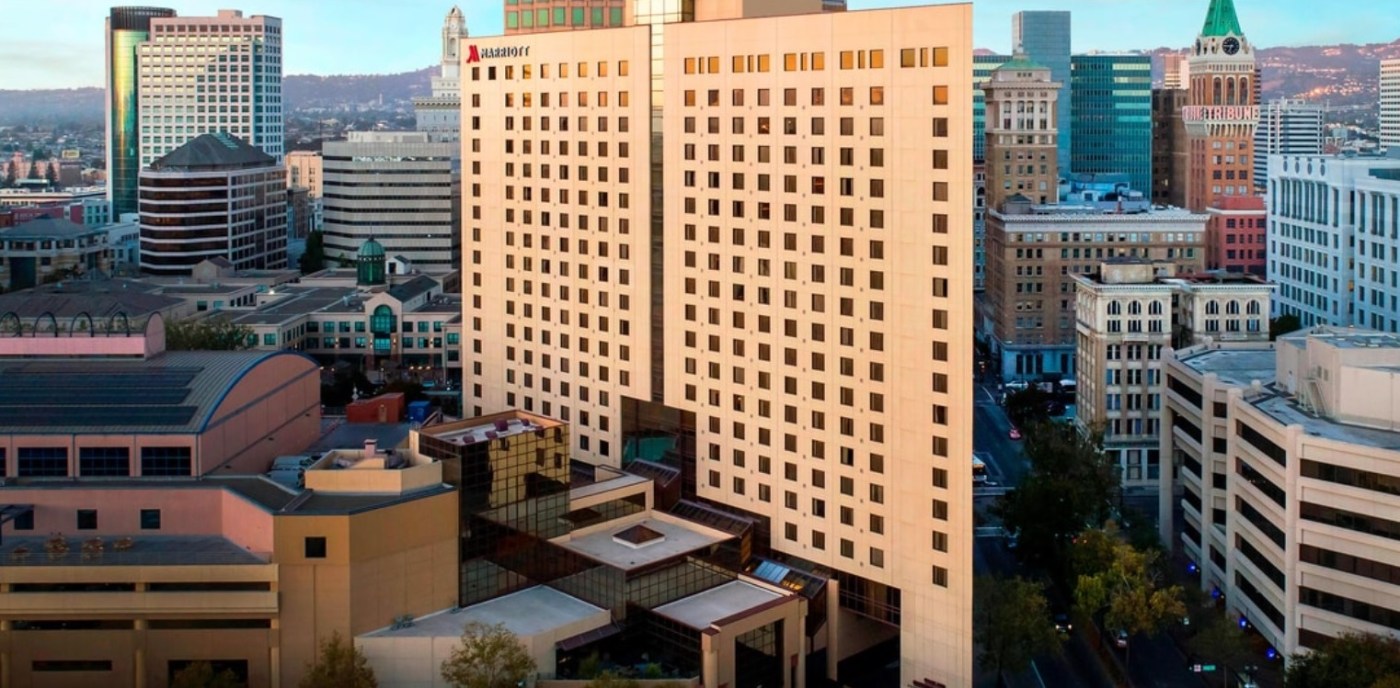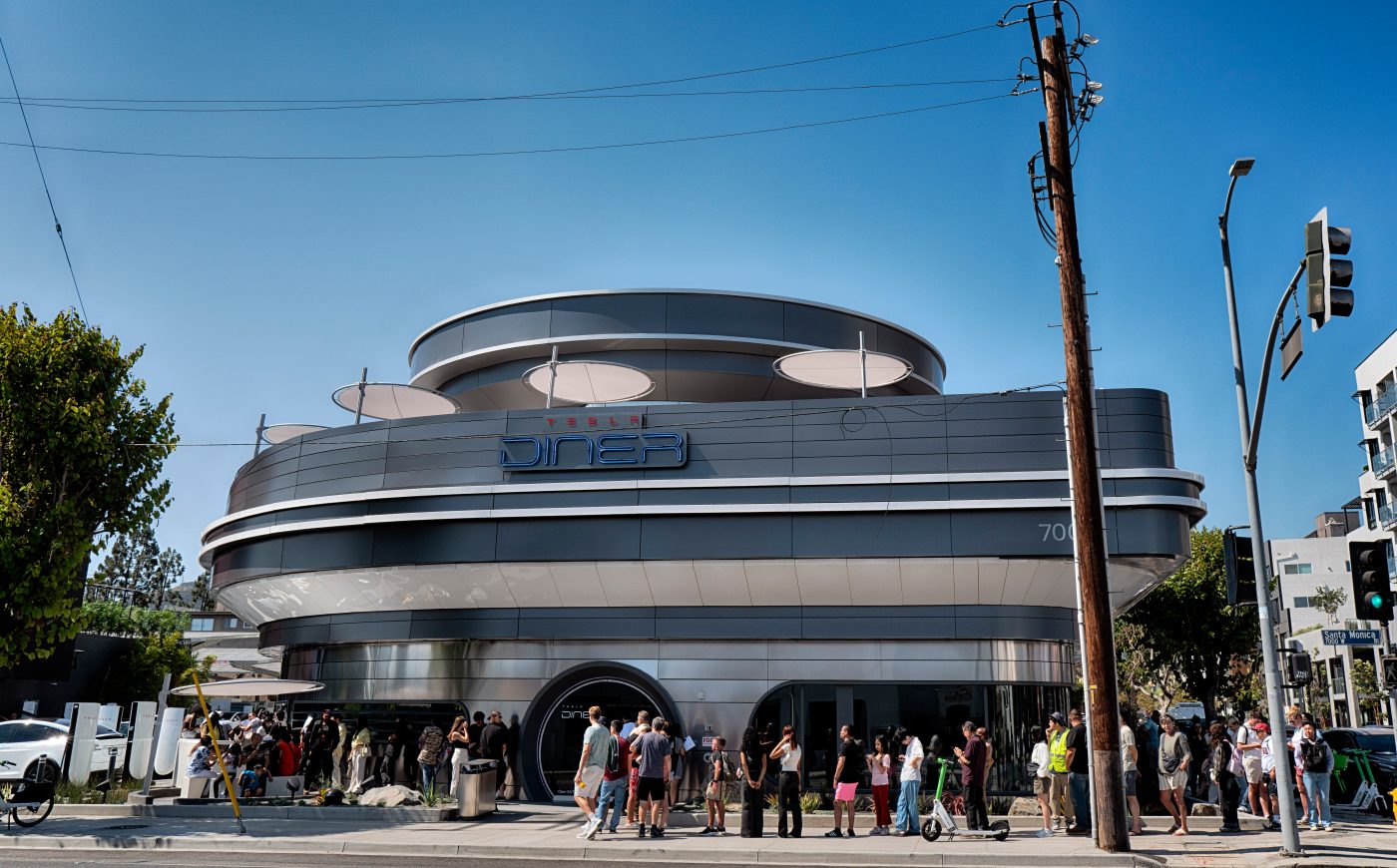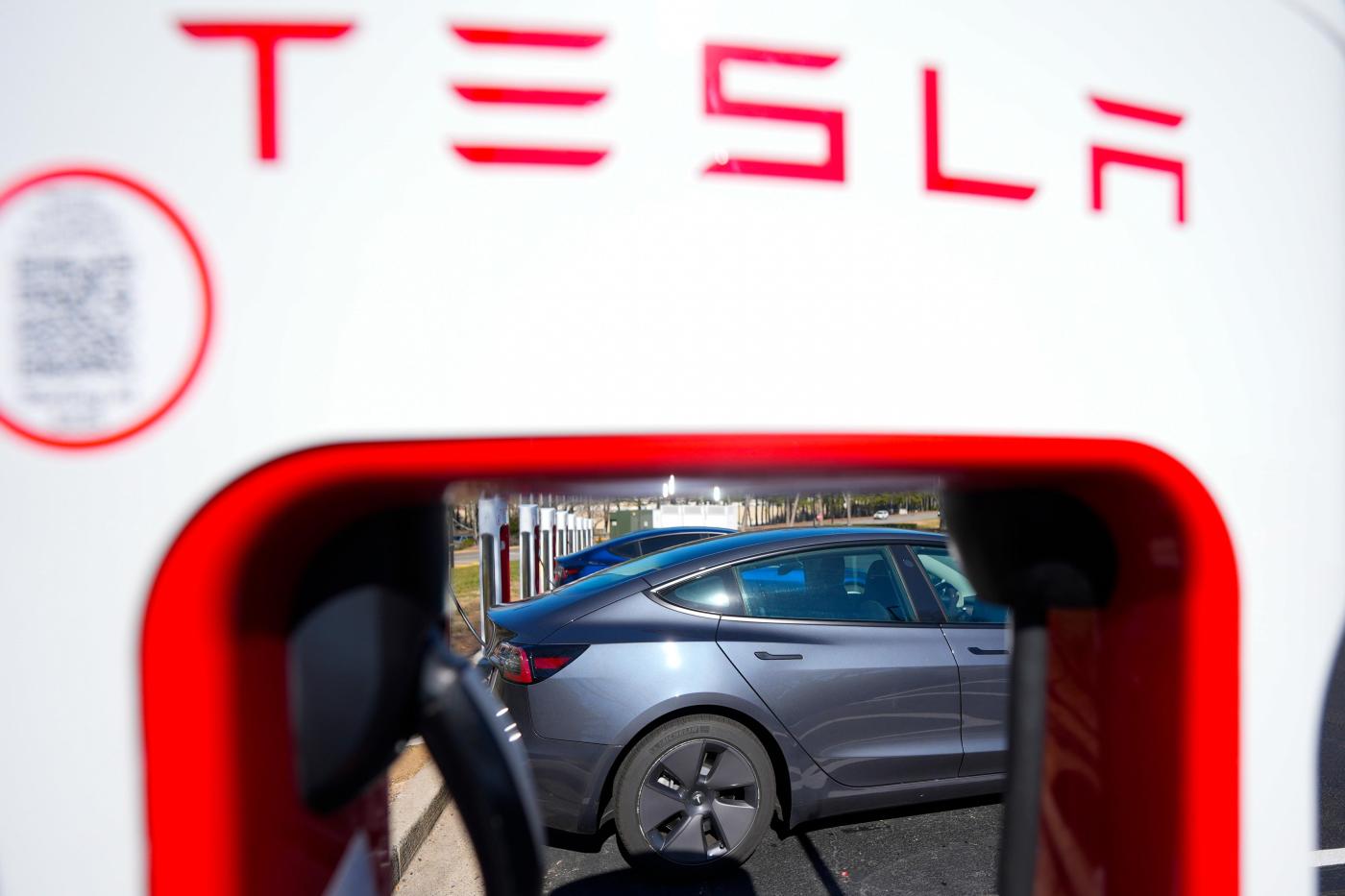WASHINGTON — The Supreme Court on Thursday kept on hold President Donald Trump’s restrictions on birthright citizenship but agreed to hear arguments on the issue in May.
Trump’s executive order to end birthright citizenship for the children of people who are in the U.S. illegally has been halted nationwide by three district courts around the country. Appeals courts have declined to disturb those rulings.
The Republican administration had sought to narrow those orders to allow for the policy to take effect in parts or most of the country while court challenges play out. That is expected to be the focus of the high court arguments.
Birthright citizenship automatically makes anyone born in the United States an American citizen, including children born to mothers in the country illegally. The right was enshrined soon after the Civil War in the Constitution’s 14th Amendment.
Related Articles
Dozens more UC San Diego student visas canceled
Feldman: Supreme Court’s strategy for dealing with the White House emerges
Bill would make California schools ‘safe havens’ from immigration enforcement
2 Camp Pendleton Marines killed in vehicle accident while patrolling southern border
Maryland Sen. Van Hollen says he was denied entry to the El Salvador prison holding Abrego Garcia
Trump and his supporters have argued that there should be tougher standards for becoming an American citizen, which he called “a priceless and profound gift” in the executive order he signed soon after becoming president again in January.
The Trump administration has asserted that children of noncitizens are not “subject to the jurisdiction” of the United States, a phrase used in the amendment, and therefore are not entitled to citizenship.
States, immigrants and rights groups that have sued to block the executive order have accused the administration of trying to unsettle the understanding of birthright citizenship that has been accepted since the amendment’s adoption.
Judges so far have uniformly ruled against the administration.





